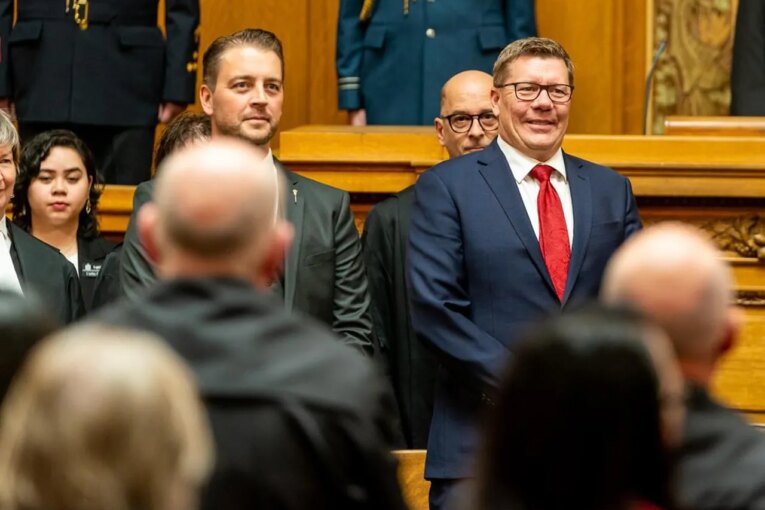
REGINA – Premier Scott Moe’s Saskatchewan Party government is set to introduce a bill today aimed at seeking more provincial independence, especially over its natural resources.
Canada’s Constitution already separates provincial and federal powers, but Saskatchewan wants it written into its own laws with the Saskatchewan First Act.
The intent of the bill is to define that Saskatchewan alone has exclusive jurisdiction over its natural resources and economic future.
Lt.-Gov. Russell Mirasty said in last week’s throne speech that the legislation will draw “the jurisdictional line” and defend it based on the existing constitutional division of powers.
Danielle Smith, Alberta’s new United Conservative premier, has proposed a sovereignty act to resist federal laws and court rulings it deems against provincial interests, but her office has maintained it would remain on-side with the Constitution.
Moe made a commitment that his government would “respect and follow all the laws of the land” as it puts forward its changes.
“We’re trying to do everything we can as a province to try to provide clarity for the investment community and for Saskatchewan residents, as well as Canadians,” Moe said last week following the throne speech.
He said emission caps on fertilizer or oil production are outside the bounds of the federal government’s jurisdiction.
Saskatchewan lost a constitutional challenge against Ottawa on the carbon tax, but Moe said he doesn’t believe it set a precedent for other federal environmental policies.
“The weighing in on the carbon tax policy doesn’t pre-empt that it’s going to work on all these other … (federal environmental) polices,” said Moe, who has previously said he would take legal actions against them.
Saskatchewan is already set to intervene in the constitutional challenge of Canada’s Impact Assessment Act, should it move to the Supreme Court of Canada. It allows the government to assess environmental impacts of projects on federal lands before they go ahead.
This report by The Canadian Press was first published Nov. 1, 2022.
You can read more of the news on source



